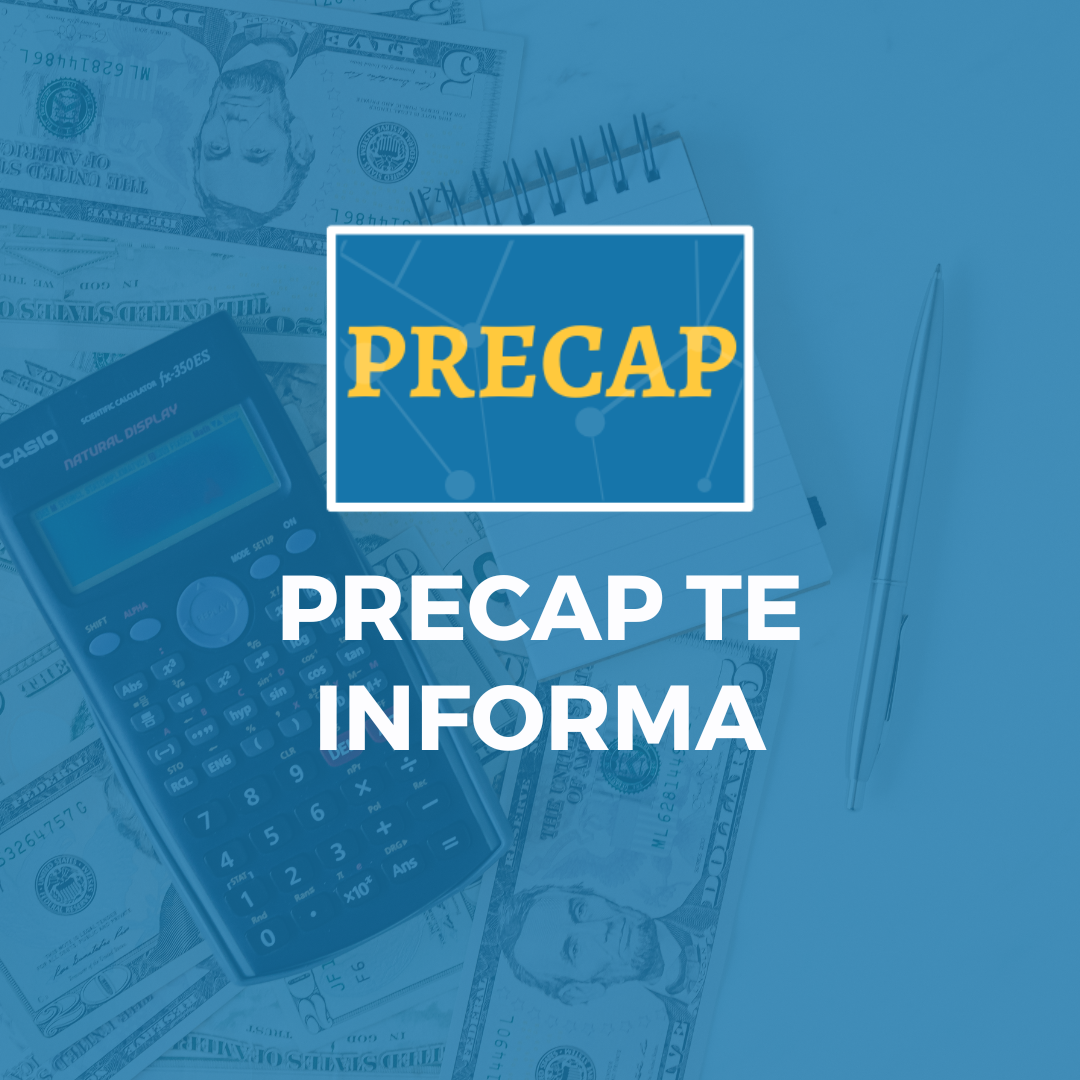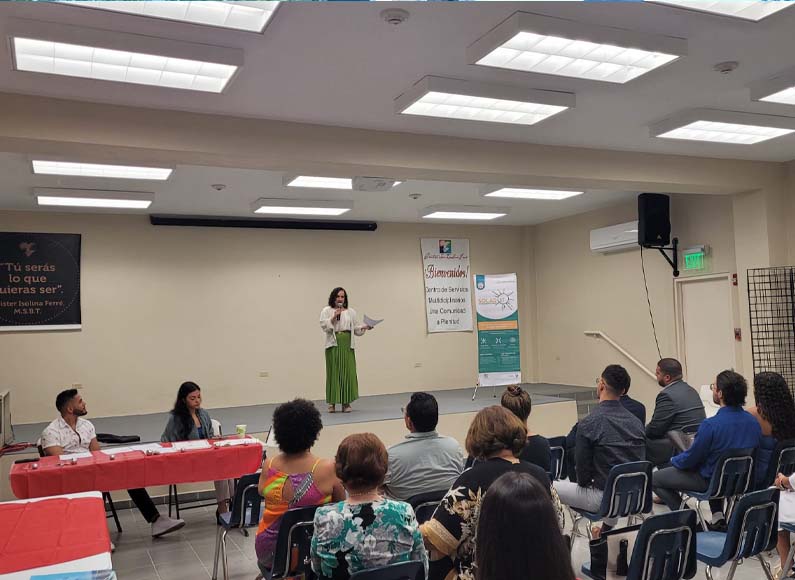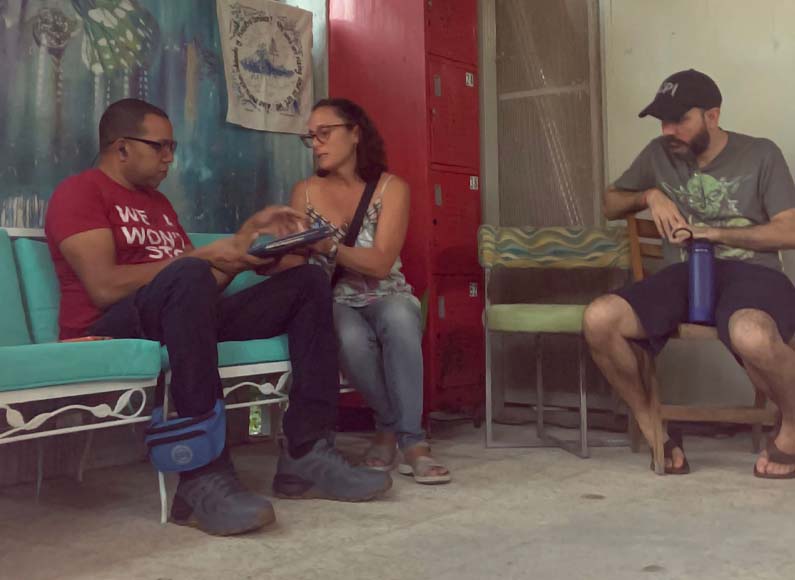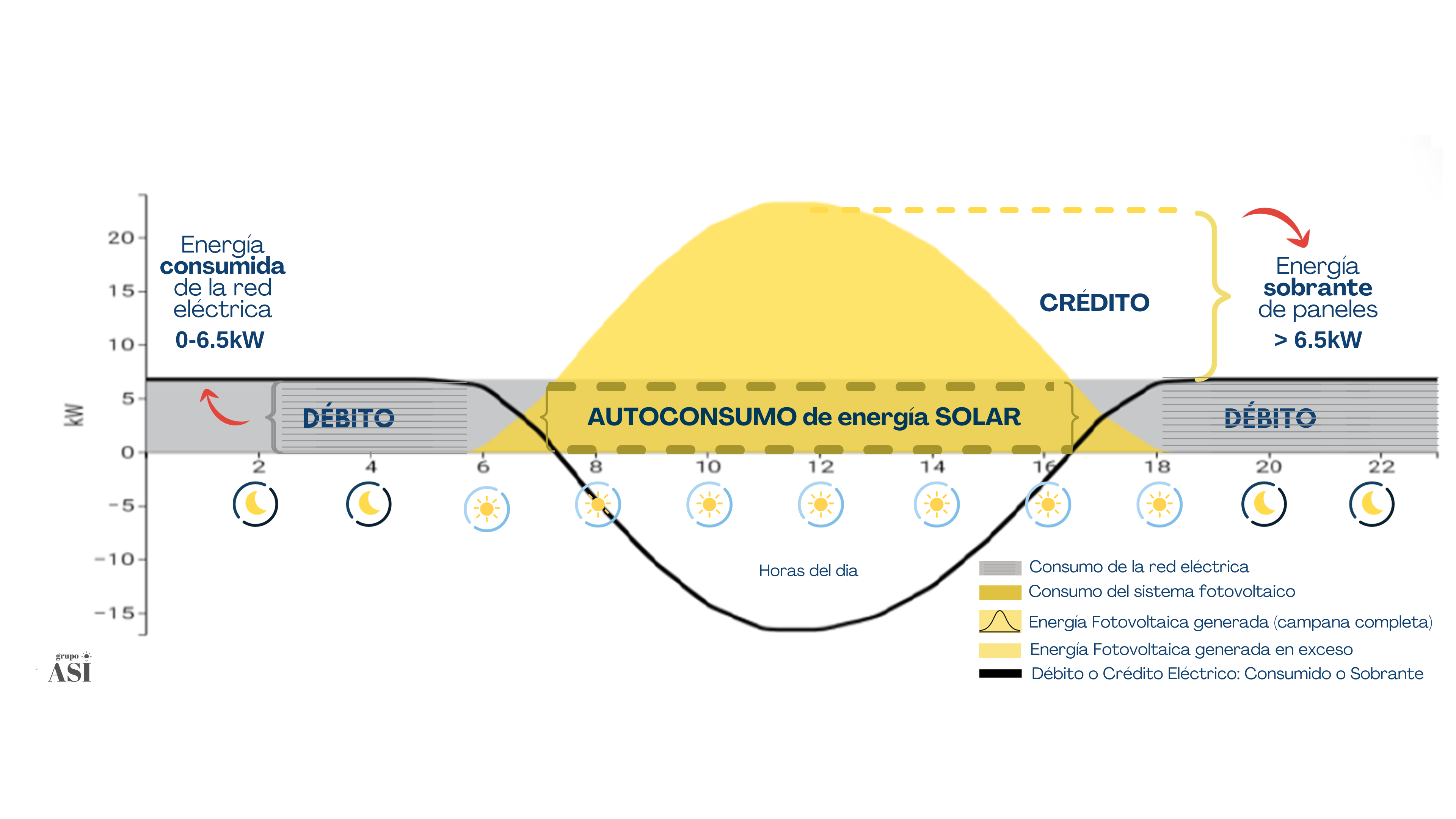The Inflation Reduction Act (IRA) has had a significant impact on various aspects of the U.S. economy. One of the programs that has benefited from this legislation is the Rural Energy for America Program (REAP). In this article, we will explore how the IRA has influenced REAP and how small businesses can leverage these opportunities to boost their growth and sustainability.
The IRA has stood out for its focus on providing financial resources to stimulate economic growth and address critical needs in American society. Within the legislation, funds have been allocated to various areas such as infrastructure, education, health, and the environment. The goal is to promote investment and encourage long-term sustainable development.
In this case, the IRA has allocated additional funds to strengthen the Rural Energy for America Program (REAP). These funds provide financial resources used to support renewable energy projects and improve energy efficiency in rural areas. The allocation of funds allows beneficiaries to access grants and low-interest loans, facilitating the implementation of sustainable energy technologies and practices.
Key changes in REAP due to the injection of IRA funds:
- REAP will conduct six quarterly competitions to commit $1.05 billion for the remainder of fiscal year 2023 and fiscal year 2024.
- The maximum grant size increased from $250,000 to $500,000 for energy efficiency projects and from $500,000 to $1 million for renewable energy systems.
- The federal share was raised to 50% for all energy efficiency projects, all zero-emission renewable energy projects, and all projects in designated energy communities and projects submitted by eligible tribal entities.
- An Underutilized Technology Fund was created with an initial injection of $144.5 million for renewable energy technologies that represented less than 20% of the project set two years before the application year.
REAP has certain eligibility requirements that participants must meet to access funding. Some common eligibility criteria include:
- Location in rural areas
- Ownership by small agricultural or commercial businesses
- Use of renewable energy technologies
- Improvement of energy efficiency
The Inflation Reduction Act (IRA) has provided additional funding and enhanced opportunities in the Rural Energy for America Program (REAP). Eligible participants can access grants and low-interest loans to implement renewable energy technologies and improve energy efficiency in rural areas. This not only provides economic benefits, such as energy cost savings and access to funds, but also promotes sustainability and the development of rural communities. REAP under the IRA represents a valuable opportunity to promote the transition to a cleaner and more resilient economy in rural areas of the United States and Puerto Rico.




